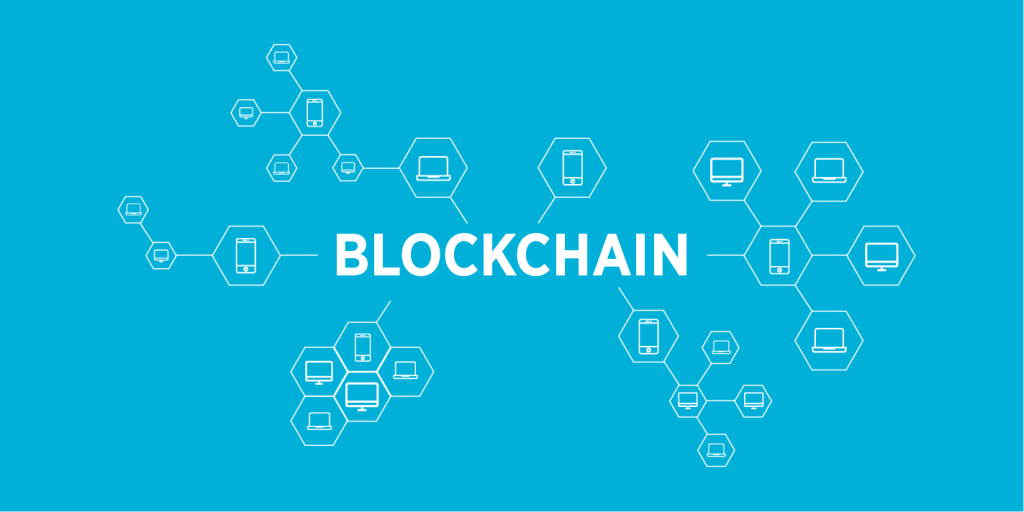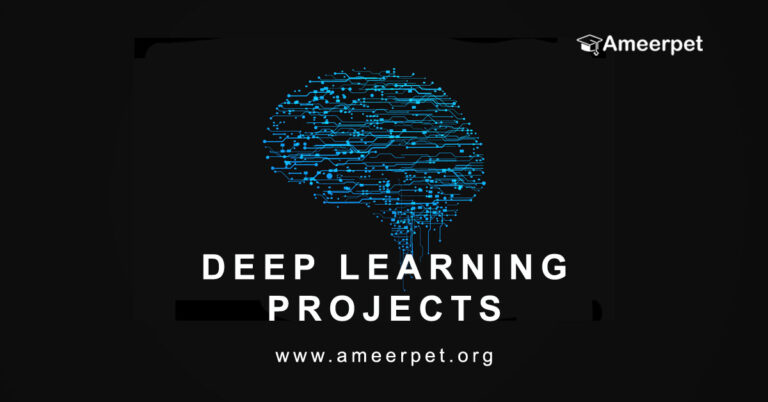
Contents
Project Synopsis
Abstract:
Medical supply overproduction and underconsumption have cost billions over the past decade. Current healthcare supply chain systems lack accountability, transparency, traceability, audit, assessment, security, and trust, causing overproduction and underconsumption. To ensure fair distribution of medical supplies without waste, it is necessary. This paper proposes a blockchain-based solution to prevent waste by ensuring participant commitment and accountability. To assess waste fairly, we use five phases: registration, commitment, production, delivery, and consumption. We create four smart contracts that automatically record actions on an immutable ledger and ensure data provenance, transparency, security, and accountability. Offchain decentralized storage solves large data issues. We discuss five algorithms and each phase of the proposed solution, including implementation, testing, and validation. Security analysis ensures our smart contracts are secure and free of vulnerabilities.
Introduction:
Over the past decade, medical supply overproduction and underconsumption have cost billions. Current healthcare supply chains lack accountability, transparency, traceability, auditability, security, and trust. This paper proposes a blockchain-based solution to ensure fair medical supply distribution without waste. Our solution aims to establish commitment and accountability among participants, preventing waste. We use five phases—registration, commitment, production, delivery, and consumption—to accurately and fairly assess waste. We create four smart contracts for data provenance, transparency, security, and accountability. An immutable ledger records all actions automatically. Offchain decentralized storage handles large data. We also present five algorithms and detail the implementation, testing, and validation of each phase of our solution. We perform a thorough security analysis to find and fix smart contract vulnerabilities.
Objectives:
Our blockchain-based solution addresses medical supply overproduction and underconsumption. Blockchain technology’s transparency, traceability, and accountability help us distribute medical supplies fairly and reduce waste. Our solution aims to reduce financial losses and optimize resource utilization by ensuring all participants responsibly produce and consume medical supplies.
Existed Method:
Current healthcare supply chains lack key features that cause medical supply overproduction and underconsumption. These systems lack accountability, transparency, traceability, auditability, security, and trust. Thus, medical supply production and distribution are difficult to manage. Wastage and financial losses result from a lack of reliable supply demand assessment. Existing methods cannot solve this complex problem, highlighting the need for innovation.
Proposed Method:
Blockchain technology solves the problems of healthcare supply chains. A blockchain-based system ensures commitment and accountability, reducing medical supply overproduction and underconsumption. Registration, commitment, production, delivery, and consumption comprise the solution. These phases ensure fair waste assessment throughout the supply chain. We create four smart contracts for data provenance, transparency, security, and accountability. Smart contracts automatically record actions on an immutable ledger, providing a reliable audit trail. Offchain decentralized storage handles large-scale data management challenges. This innovative approach aims to revolutionize the healthcare supply chain and optimize medical supply use.
Advantages:
Our blockchain-based medical supply overproduction and underconsumption solution has many benefits. First, the solution ensures participant accountability and commitment, reducing waste and financial losses. Accurately assessing medical supply demand eliminates overproduction. The solution also allows stakeholders to track and verify the supply chain. Smart contracts ensure data provenance, security, and accountability, preserving actions. Offchain decentralized storage also simplifies large data management. Our healthcare supply chain solution optimizes resource utilization, efficiency, and trust.
Conclusion:
Medical supply overproduction and underconsumption have caused significant financial losses over the past decade. This problem is caused by healthcare supply chain systems lacking accountability, transparency, traceability, auditability, security, and trust. A blockchain-based solution addresses these issues. Our five phases and four smart contracts ensure supply chain commitment, accountability, transparency, and security. Blockchain technology can reduce waste, optimize resource use, and build trust in the healthcare supply chain. Implementation, testing, and validation prove our solution’s efficacy and reliability. GitHub’s smart contract code promotes transparency and collaboration. Our blockchain-based solution can transform the healthcare supply chain, reduce financial losses, and ensure fair medical supply distribution.
Note: Please discuss with our team before submitting this abstract to the college. This Abstract or Synopsis varies based on student project requirements.
Did you like this final year project?
To download this project Code with thesis report and project training... Click Here

